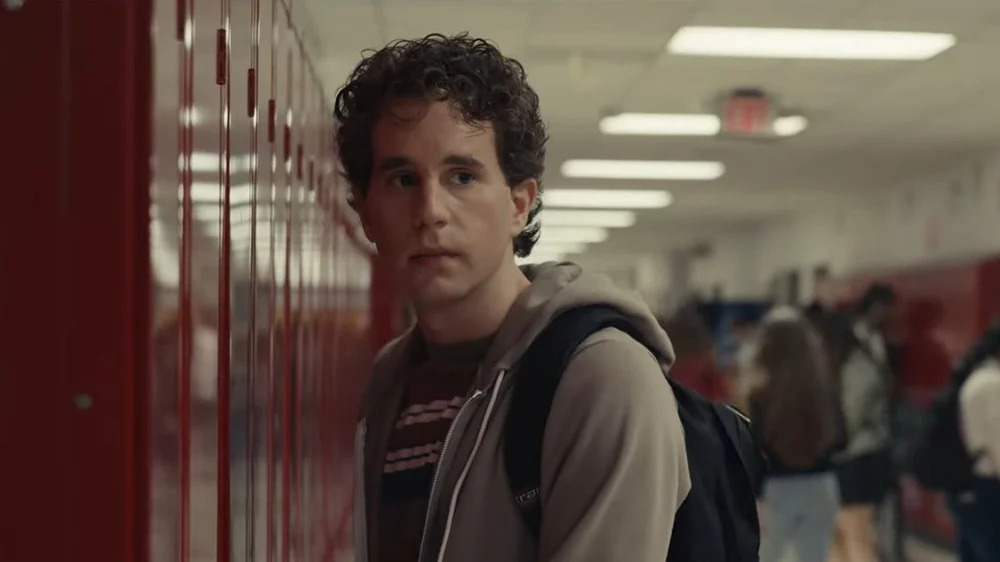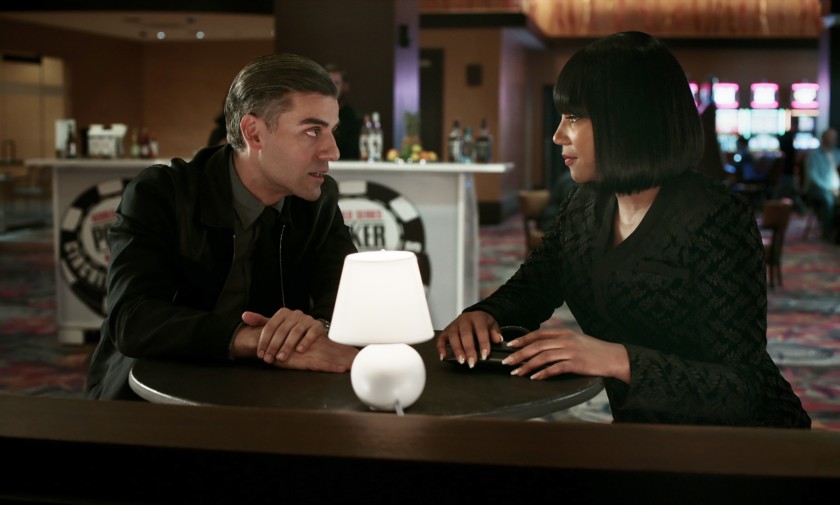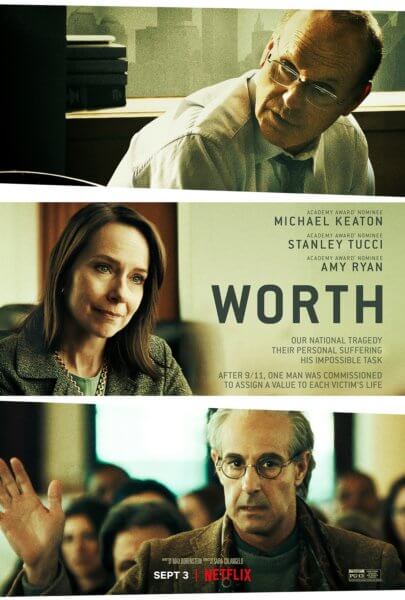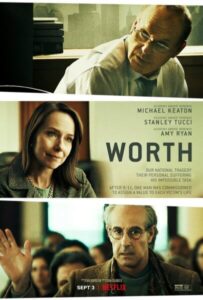Dear Evan Hansen
Posted on September 23, 2021 at 5:12 pm
B-| Lowest Recommended Age: | Preschool |
| MPAA Rating: | The PG-13 rating is for thematic material involving suicide, brief strong language and some suggestive references |
| Profanity: | Brief strong language |
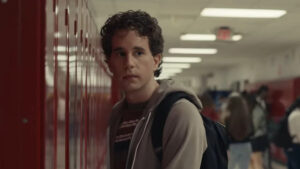
The title comes from a letter high school senior Evan Hansen writes to himself on the advice of his therapist. Hansen is played by Ben Platt, who won a Tony award for his performance in the Broadway, turns 28 this week, and there has been a lot of commentary about whether he is too old to play a teenager. Probably, but the actors were too old to play teenagers in “Grease,” too. The bigger problem is that his performance does not translate completely to screen. He is far more effective as a singer than an actor here. In part that may be due to excessive deference to the performance that has been lauded for years on stage. In part, though, it is attributable to the inherent weakness of the material. The character is written as not much more than a collection of symptoms, longings, and frustrations, and the cinematic storytelling that literally takes us up close and very personal exposes the superficiality of some of the material.
Evan carries his pep talk of a letter to himself to school, where he is alternately ignored or harassed. There is Zoe, a girl he wishes he could figure out how to talk to (25-year-old Kaitlyn Dever). There is a classmate who has to be a little bit nice to him because they are related (Nik Dodani as Jared). There is the girl who seems to have it all together (the radiant Amandla Stenberg as Alana). And there is Zoe’s brother, a troubled, hostile classmate named Connor (Colton Ryan), who misinterprets Evan’s clumsy efforts to be friendly as insulting, and snatches the letter from him in retaliation.
Connor takes his own life. His shattered parents find the letter and think Connor was sending it to Evan, evidence that he had a close friend. Desperate to hold onto any comfort, they beg Evan to tell them about his relationship with Connor. He simply does not have the communication skills to tell them the truth and so he not only pretends that the letter was written by Connor, he makes up a series of stories about their close friendship and what a comfort Connor was to him. He tells Zoe, who is resentful of the trauma Connor’s mental illness inflicted on the family, that Connor cared deeply about her. His ability to comfort Connor’s family perversely gives him a sense of confidence and connection that does more to reduce his anxiety than medication or therapy. Instead of his overworked single mother (Julianne Moore), he spends time with Connor’s parents, Cynthia (Amy Adams) and Larry (Danny Pino), and Zoe, almost accepted as one of their family.
But this cannot continue. I give director Stephen Chbosky (“Wonder”) and writer Steven Levenson, who adapted his script for the play, credit for correcting one of the play’s biggest weaknesses and allowing Evan to more fully accept the consequences of his lies. And I give them a lot of credit for making it clear that one way for Evan to begin to find healing for his own issues is to recognize the vulnerabilities of others. Alana’s honesty in reaching out to him is one of the film’s most powerful moments, and Stenberg once again shows us that she is past promising and already one of the screen’s most accomplished and appealing performers. Dever, also, continues to be a actor of unusual precision in expressing the most subtle and complex emotions. Ryan makes a strong impression, especially in the imagined scenes as Evan makes up stories about him.
It mitigates but does not eliminate the disconnect between the play’s expectation that we will sympathize with Evan more than we do. And I do not think any movie has ever successfully persuaded audiences that what they portray as viral would in the surreal world of social media, actually go viral. But the movie’s message about recognizing the vulnerability of everyone and the importance on empathy for others as a part of growing our own sense of agency, capability, and worthiness is important enough to make up for the uneven pacing and the way that the performances of the younger actors at time seem to be in different movies.
Parents should know that this film includes depictions of mental illness and (offscreen) teen suicide, brief strong language, and some suggestive references.
Family discussion: Reconsider some of the people whose behavior you have thought annoying or difficult to understand in light of this movie. How can you be more supportive of the vulnerable people around you?
If you like this, try: “Wonder” by the same director

